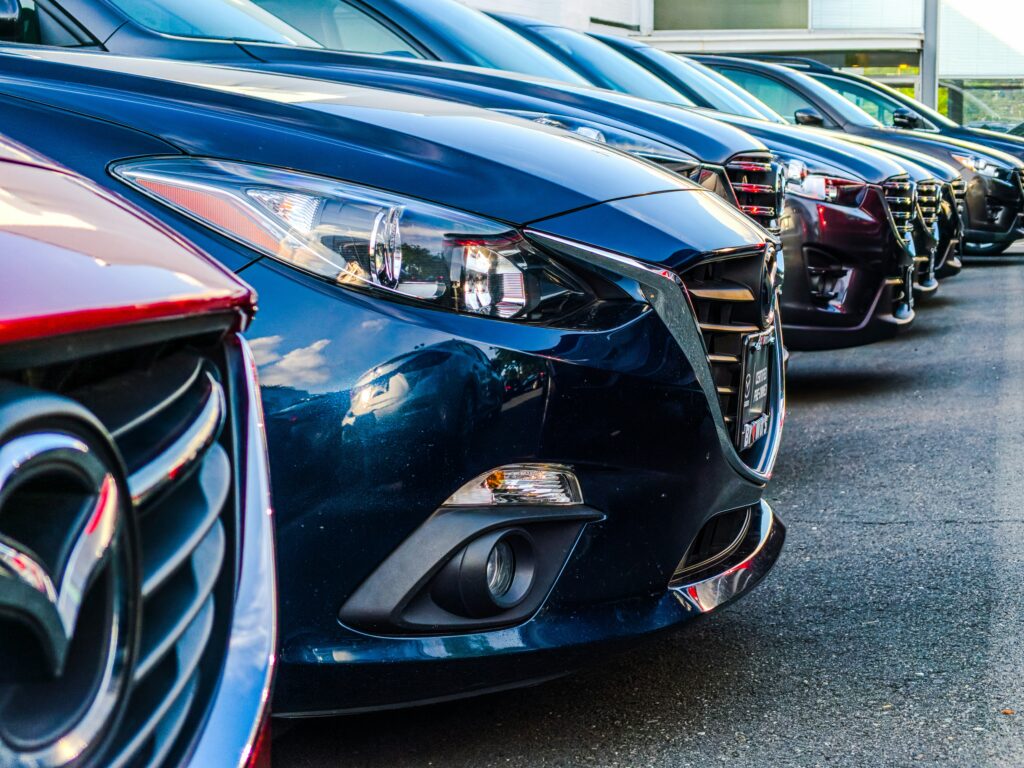Can You Finance a Private Sale Car
Yes, you can finance a car from a private seller, but it depends on the type of finance you choose. Most traditional car finance agreements, like hire purchase (HP) or personal contract purchase (PCP), are not available for private sales. However, personal loans and specialist private sale finance options can allow you to spread the cost of buying a car from an individual seller. Lenders may have additional requirements, such as checking the vehicle’s condition, verifying ownership, and ensuring there is no outstanding finance.
If you have a poor credit history, securing finance for a private sale may be more challenging. Some lenders and brokers like Carboom specialise in helping buyers finance with a bad credit score, but these options may come with higher interest rates and stricter affordability checks. Understanding your credit status and comparing finance options can help you find the right solution for your situation.
What Is Private Car Finance?
Private car finance allows buyers to spread the cost of purchasing a vehicle from an individual seller rather than a dealership. Unlike dealership finance, which is typically arranged through the seller, private sale finance often requires securing a personal loan or a specialist car finance agreement. The main difference is that the buyer must independently handle the paperwork, verify the car’s condition, and ensure the transaction is secure.
While lenders offer fewer finance options for private sales, some companies specialise in loans tailored for these purchases. These agreements work similarly to standard car finance, but the lender may have stricter criteria to reduce risk.
How Is Buying Privately Different from Buying from a Dealership?
The biggest difference when purchasing a car privately is the level of protection available to the buyer. Dealerships must comply with consumer protection laws, often offering warranties and guarantees on used cars. Private sellers, however, are not bound by these same rules. This means that if something goes wrong with the car after purchase, you have little legal recourse unless the seller has deliberately misled you.
On the positive side, buying privately can be more cost-effective. Private sellers are not looking to make a business profit, so their prices are often lower than dealership listings. However, extra diligence is required to ensure the car is in good condition, free from outstanding finance, and has no hidden mechanical issues.

How to Buy a Car on Finance
When financing a car from a private seller, the process differs from dealership finance. You will need to arrange the loan or finance agreement before purchasing the car, as most private sellers require full payment upfront. Lenders may ask for additional documentation, including the car’s registration details, proof of ownership, and a vehicle history check to ensure it has no outstanding finance or recorded damage.
If the lender approves the finance application, they may transfer the funds directly to the seller or to you as the buyer. It’s essential to verify all paperwork and ensure the car is legally transferred into your name before completing the sale.
Can You Sell a Financed Car?
If you currently have a car on finance, you cannot legally sell it until the finance is settled. Because the lender owns the vehicle under an HP agreement, you must clear the remaining balance before transferring ownership. Selling a car with outstanding finance without the lender’s permission is considered illegal and could lead to financial penalties.
If you wish to sell a financed car, you have two options. You can pay off the remaining finance balance and obtain full ownership before selling. Alternatively, some lenders allow a settlement agreement, where the car is sold, and the proceeds go directly to the lender to clear the outstanding amount. If the sale price does not cover the full finance balance, you will need to pay the difference.
Checking with your lender before selling is essential to avoid legal issues or financial complications.
Conclusion: Should You Finance a Private Sale Car?
Financing a car from a private seller is possible, but the process differs from dealership finance. Buyers need to take extra steps to arrange their finance, verify the car’s history, and ensure a secure transaction. While personal loans and HP finance are available for private sales, not all lenders offer these options, and stricter requirements may apply.
Before committing to private sale finance, it’s essential to compare lenders, review the car’s condition, and ensure the repayment terms are affordable. If a private seller is offering a significantly lower price than a dealership, financing the purchase could still be a cost-effective option. However, due diligence is necessary to avoid risks, scams, or unexpected costs.